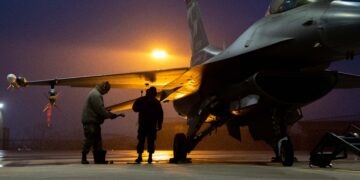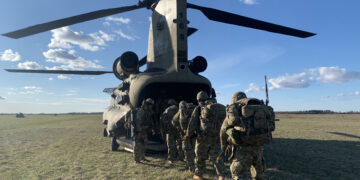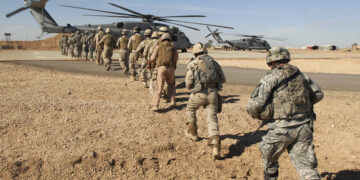August 16, 2024
New Hamas leader’s rise complicates chances of a ceasefire

Hamas leadership unexpectedly selected Yahya Sinwar as the chairman of its political bureau following the July 31 assassination of previous political head, Ismail Haniyeh, in Tehran. The Aug. 6 decision marks a major moment for the group and the Middle East’s broader geopolitical makeup, largely leaving Hamas in the hands of a hawkish, pro-Iran faction within the group. Such an outcome will likely negatively impact a wide range of pressing questions surrounding the Israel-Palestine conflict, including ongoing Israel-Hamas ceasefire talks, Palestinian reunification negotiations, and any two-state solution as Sinwar opts for a harder line against Tel Aviv.
Yet, Sinwar’s ascent is not necessarily surprising in the current context. Relative moderates within the group, including Haniyeh and Khaled Meshaal, have gradually lost power to the military wing and other hawkish, Iran-aligned actors led by Sinwar. Hamas’s decision to re-engage Syrian President Bashar al-Assad’s government in October 2022 offers one such example after the group sided with the Syrian opposition early in the Syrian war. The political bureau’s lack of full information on the Oct. 7 attacks further highlights these internal dynamics.
Equally important is Sinwar’s presence in Gaza, where the military wing holds power and is directly connected to the Palestinian community. While Hamas Political Bureau figures living in Doha, Istanbul, and Beirut have enjoyed access to foreign capitals—a necessity for the group as it drives foreign relationships in support of their view of the Palestinian cause—it has harmed their ability to dictate the situation on the ground. The group is clearly considering this dynamic in the face of a potential long-term insurgency in Gaza amid a lack of so-called “day after” plans as Israeli military operations shift.
More on Middle East

By Peter Harris
February 1, 2026
Events on Israel-Hamas








